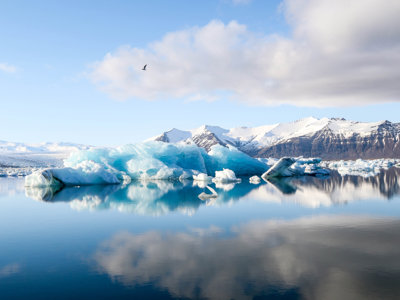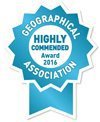A Level subject content overviews
To support teachers with the introduction of the 2016 A Level courses, the Society is providing a new range of online resources and support.
The following overview document provides an introduction for teachers to some of the key content, concepts and geographical theories within the new A Levels and will be particularly useful for colleagues who have not previously taught elements of the new content.
These have been written by leading academic geographers, a number of whom were members of the ALCAB subject advisory panel for geography.
There is particularly focus on the areas of core content.
Landscape systems lie at the heart of physical geography, linking landforms to the processes that create them, and linking those processes to the global environmental system that controls them. Glaciated landscapes provide a good example of how landscape systems work, not only because they demonstrate clearly the links between landforms, processes and environmental controls, but also because glaciated landscapes are widely distributed across the British Isles (and beyond), and provide widespread opportunities for local fieldwork.
At the core of this area of study is the notion that the geography of phenomena is controlled by the geography of the processes that create them. For example, the distribution of glacial landforms is controlled by the spatial pattern of glacier processes such as erosion and deposition. That notion is clearly demonstrated in the connections between the global environment, the characteristics of glaciers, the ways in which glaciers impact the Earth’s surface, and the different glacial landscapes that are created where different glacial processes are in play. To understand landscapes of erosion and deposition we need to understand the processes of erosion and deposition, and the environmental controls that drive those processes.
Download the full A Level Subject Content Overview document from the downloads box.
Written by Dr Peter Knight and Dr Richard Waller from the School of Physical and Geographical Sciences, Keele University

